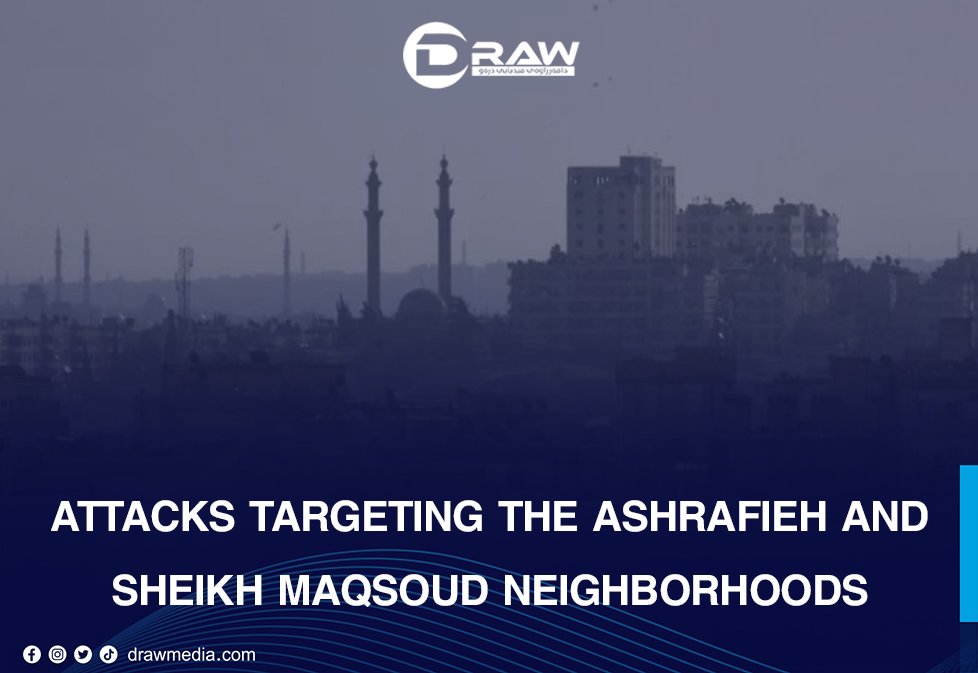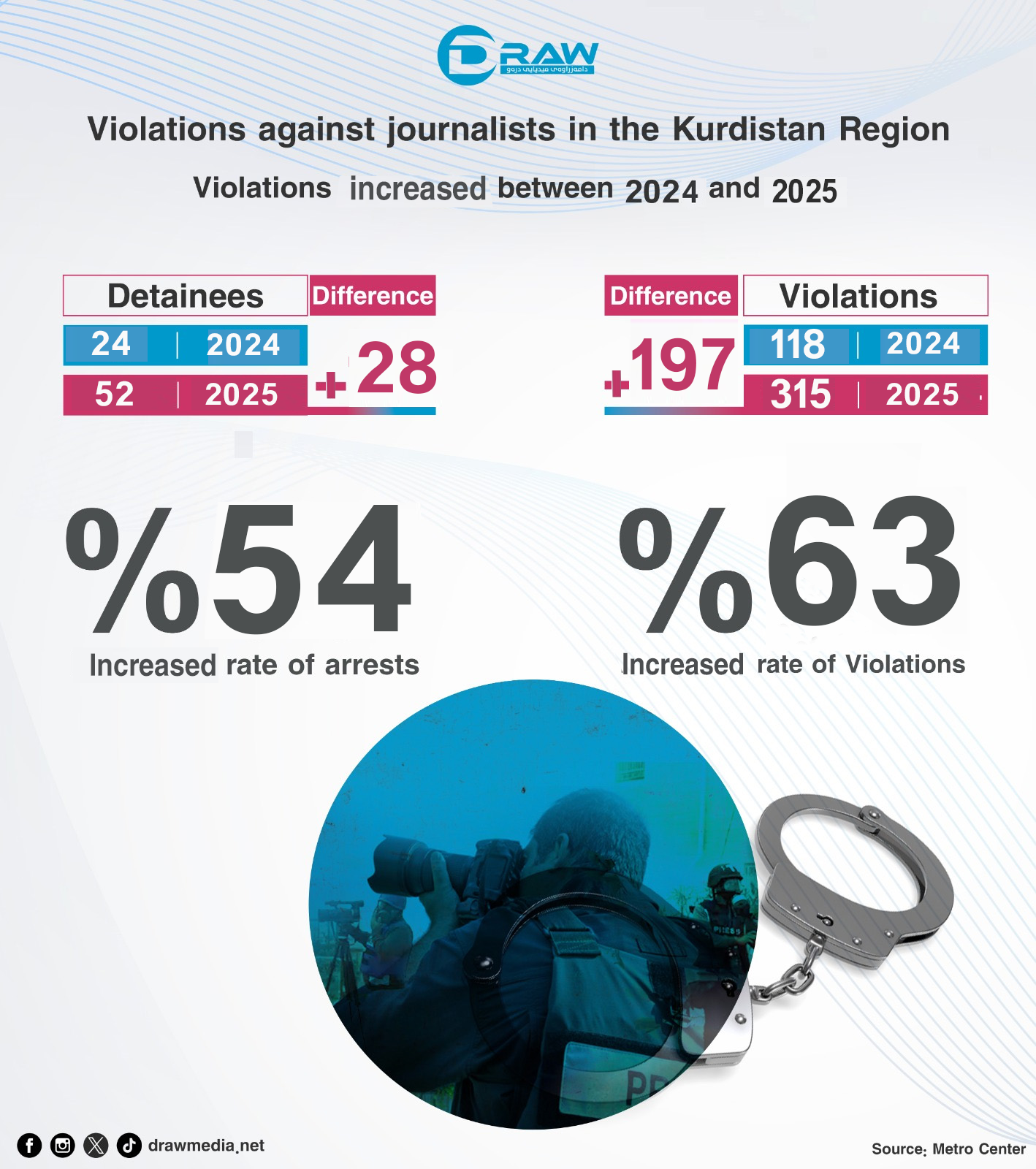'You don’t solve issues by running away,' says Iraq's KRG PM
.jpg)
2023-03-18 08:18:58
Masrour Barzani, in an exclusive interview with Al-Monitor, discusses the dispute with the rival PUK party; relations with the US and Iraq; China; and the KRG’s ambitious economic reform and climate policies.
Masrour Barzani, prime minister of the Kurdistan Regional Government of Iraq (KRG), says that political and economic disputes should be resolved within the KRG Council of Ministers, not by Patriotic Union of Kurdistan (PUK) ministers boycotting the government.
“I hope they will eventually come back to the government,” said Barzani, who is a deputy president of the Kurdistan Democratic Party (KDP), in an exclusive and wide-ranging interview with Al-Monitor at his office in Salahuddin.
“They [the PUK ministers] have sworn an oath before the parliament, before the people of Kurdistan,” he said. “You don’t solve issues by running away, by not shouldering responsibility.”
The KDP and the PUK, as well as the Gorran (Change) Party, form a coalition government in the Kurdistan Region. The KDP holds 45 seats in the Kurdistan Regional parliament; the PUK holds 21, and Gorran 12 in the 111 seat chamber.
The PUK has boycotted KRG Council of Ministers meetings since October 2022.
The real reason for the impasse, said Barzani, is the murder of Hawker Abdullah Rasoul, a former PUK intelligence officer, in Erbil last year.
“The PUK has not been cooperative,” in the case, he noted, and to shift focus away from the assassination, “they are exaggerating other problems, like financial and power-sharing issues. These have always existed.”
“Rather than mixing all the issues together, they need to focus on solving the political and financial issues through the Council of Ministers and let the courts and legal system handle the murder case,” he added.
“I have officially asked the PUK, during the Cabinet of Ministers meetings, to return to the government,” said Barzani. “So, I hope they come back to the government and discuss whatever concerns they have. We can solve any issues through dialogue in the council’s meetings. There is no other way.”
'Nothing should be at the expense of delaying elections'
The schism has a sense of urgency because parliamentary elections, which had been scheduled for last year, have been postponed, a delay which could, over time, undercut the legality of KRG political institutions, as the prime minister’s father, KDP President Masoud Barzani, told Al-Monitor in an exclusive interview earlier this week.
“For all political parties, whatever their problems are, they have to look at different ways of settling their issues, but nothing should be at the expense of delaying the elections,” the prime minister said. “The elections must happen this year.”
The US should take credit for the Kurdistan Region’s success
The Kurdistan Region has been a close partner of the United States before, during, and after, the US war to overthrow former Iraqi President Saddam Hussein.
Barzani’s personal and professional ties with the United States run deep. He is an honors graduate of the American University in Washington, where he established the Barzani Scholar-in-Residence program. As general director of the Protection and Intelligence Agency, and later as chancellor of the Kurdistan Region Security Council, overseeing security, military intelligence and existing intelligence services, he worked closely with American counterparts in the fight against terrorism, including and especially the Islamic State (IS) after 2014.
“We want better relations, more engagement, more investment. The Kurds and the US share common values and principles. We are a natural ally and hoped for more support,” Barzani said, speaking about current ties with the United States.
“The US should be promoting and take credit for all the success of the Kurdistan Region due to their direct and positive engagement,” he noted. “The Kurdistan Region should be used as an example of the positive role that the US can play in the region. Without their direct engagement over the past 30 years, we would not have all you see today. It’s an economic success story.”
“The US did a great job liberating Iraq from tyranny and the brutal dictatorship,” he said. “But over the years, the influence of US engagement has declined. In its absence, other actors have filled the vacuum, which has not been helpful.”
“We want the US to consider Kurdistan as a strong, credible ally, and recognize us as a friend that shares the same values and principles,” said Barzani. “We are regularly paying a heavy price for that friendship. We need more support: politically, economically and security.”
“There are great opportunities in the Kurdistan Region for more US investment,” he added. “We are rich in natural resources and human resources. Potential for growth is beneficial to both the Kurdish people and US companies.”
'China is looking at the entire Middle East'
Regarding the China-brokered Saudi-Iranian agreement, Barzani said that “any initiative to ease tensions in the region is welcomed. We support any initiatives to bring peace and dialogue to resolve issues.”
“China is looking at the entire Middle East, and expanding their influence in many countries in the region. Their proposals and their promises to deliver is very tempting. Here [in the Kurdistan Region], they have made some proposals and there are some discussions about doing some projects.”
'Positive atmosphere' in talks with Baghdad
Barzani noted a “positive atmosphere” regarding talks that led this week to the Iraq Council of Ministers submitting a budget to the Federal Council of Representatives, or parliament, which includes a 12.6% allocation for the Kurdistan Region.
“There has been great improvement on the budget negotiations,” said Barzani. “It’s not exactly what we wanted, but I think it's a workable budget.”
Iraq had been operating without a budget since 2021, and under an emergency food security law since last year.
‘The whole country will benefit from it,” said Barzani. “We have already expressed our support to this budget. I hope that parliament will pass it as is. This will be the beginning of a much more constructive relationship, not only between the KRG and Baghdad, but also between Baghdad and other provinces, and to start a new economic revitalization.”
Barzani noted that the "positive atmosphere” in the budget talks could facilitate progress toward a long elusive national oil law, noting that many of the problems of the past were “politically motivated.”
“There were some drafts in the past, but they were never passed by the parliament,” he said.
For Barzani and the KRG, the key is that a national hydrocarbon law reflects the Kurdistan Region’s rights in the Iraqi Constitution.
“We have said many times that we will work with the federal government to implement the constitution as written. The hydrocarbon law must be consistent with the Kurdistan Region's rights in the constitution,” said Barzani. “Preserving our rights will be our priority. I think there is a way forward to find a solution that’s workable for both Baghdad and Erbil.”
'You have to deal with the root causes of terrorism'
Barzani said that the security situation in the Kurdistan Region, and throughout Iraq, “is better than before, and that’s a good step. Cooperation is important.”
Iraq had been ravaged by terrorist groups following the overthrow of Saddam Hussein, where al-Qaeda took hold and later IS overran more than half the country in 2014.
Barzani cited “a much better relationship” between Iraqi Kurdish and federal Iraqi security forces, including joint operations against IS, for improvement in security.
He also said that the threat of terrorism in Iraq and elsewhere remains.
“You have to deal with the root causes of terrorism,” said Barzani, “and unfortunately, I think those have not been properly addressed.”
Those root causes include poverty, injustice and inequality. People need proper government services and a decent life, Barzani explained.
“If the government provides for its people, cares for its people, listens to its people, engages with its people, there is less tendency for people to collaborate with terrorist organizations,” he said. “You also have to fight the ideology of terrorists by introducing a more moderate ideology that gives people incentives and hope for a brighter future.”
“Otherwise this will be a never ending cycle,” Barzani added.
An aggressive reform agenda
“My Cabinet has embarked on an ambitious and aggressive reform program and creating more transparency in government spending, procurement and banking,” said Barzani.
“We are diversifying our economy, focusing on expanding our agricultural products, industry and tourism. We are reforming our education and health sectors, and digitalizing government services for our citizens. We have built a state-of-the-art data center, connecting all the projects electronically in a short period of time. We want to be a fully digital government by 2025,” he said.
As a sign of this diversification, the Kurdistan Region has expanded agricultural exports. The #Hanar project is sending organic Kurdish pomegranates abroad, which arrived in the Gulf this month. These are the first ever agricultural exports from the Kurdistan Region. Kurdish pomegranates, for which Kurdistan is famous, are now available in four new markets via some of the biggest retailers in the region, opening up new trade opportunities in the Gulf, and creating hundreds of jobs in the Kurdistan Region. The KRG plans to expand this initiative to export other agricultural products including honey, apples and grapes in the near future.
A sign of the KRG’s digitization initiative is an electronic payment system for government employees to be completed in two years. Another project is to engage more banks that meet standards for both the US Treasury Department and the Central Bank of Iraq to transform a cash economy to a more transparent electronic banking system. In addition, the KRG has instituted an online visa system and electronic accounts and records for all public and private schools, to be easily accessed by parents.
Taking action on climate change
Climate change is also central to KRG economic, energy and foreign investment strategy.
“We realize the impact of climate change on our region, and we are taking action,” said Barzani. “In Kurdistan, we have done so much that many people don’t know about. It’s an important story to share.”
“We are investing in hydropower, clean energy and solar energy. We are looking at alternative energy, not just fossil fuels,” he noted.
Barzani discussed plans to build small, medium and relatively large dams to better manage and preserve river waters.
“I think engagement in this field, helping us build this infrastructure, build dams to preserve our water resources, will eventually pay off in the long run,” he said.
The Kurdistan Region is also ahead of the curve on captured flared gas, a major polluter and contributor to climate change.
“We are the first place in Iraq to capture flared gas. Rather than continue to waste it, we want to transform into energy," said Barzani. “And we have a very aggressive program, talking to all the International Oil Companies and other partners about reducing flared gas emissions.”


.jpg)

.jpg)


.jpg)

.jpg)
